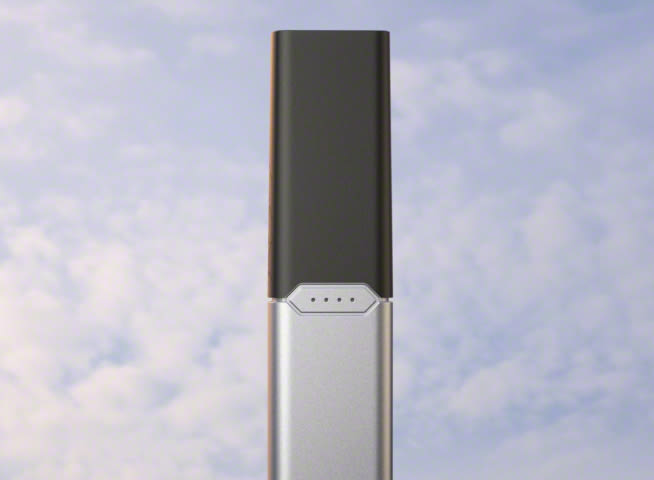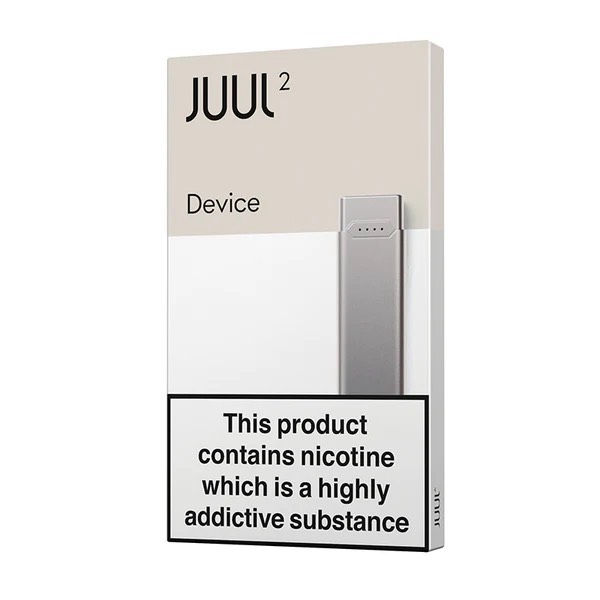
Mayors from Bangladesh’s municipalities met for a two-day summit with national and international tobacco control experts, where they pledged to aim for Prime Minister Sheikh Hasina’s vision of a tobacco-free Bangladesh by 2040, reports the Dhaka Tribune.
The goal of the summit was to discuss implementation of tobacco control laws and local government guidelines. The country’s tobacco control law was enacted in 2005 after ratification of the World Health Organization Framework Convention on Tobacco Control. The law was amended in 2013, introducing pictorial health warnings and including smokeless tobacco. It took over three years to put the law into practice, and during that time, the health ministry drafted an amendment banning vaping products, lifting the provision of designated smoking zones to prevent secondhand smoke and controlling point-of-sale advertising. The draft is pending Cabinet approval.
Tobacco use is not declining as expected, according to anti-tobacco activists. The latest data shows that 35.3 percent of adults ages 18 and older used tobacco in any form in 2017. Experts warn that if the trend continues, the tobacco-free goal will not be met.
“The key is to have strong local leadership in terms of policy development, policy implementation and mobilizing funds at the local level for the prevention of tobacco use and noncommunicable diseases,” said Tara Singh Bam, regional director of The Union Asia Pacific, who spoke at the summit. “Mechanisms need to be established that ensure mayors are held accountable for safeguarding the development and implementation of public health policies from the undue influence of unhealthy commodity industries.”
“We, the Ministry of Local Government, issued tobacco guidelines for all the municipalities and cities to assist them,” said Joint Secretary Jasim Uddin. “We have distributed these guidelines.” He noted that the mayors attending the summit are “very committed” to preventing tobacco-related diseases and deaths.
The guidelines direct the mayors to improve tobacco control law enforcement, build public awareness, allocate funds for tobacco control and limit the availability of tobacco products.




















